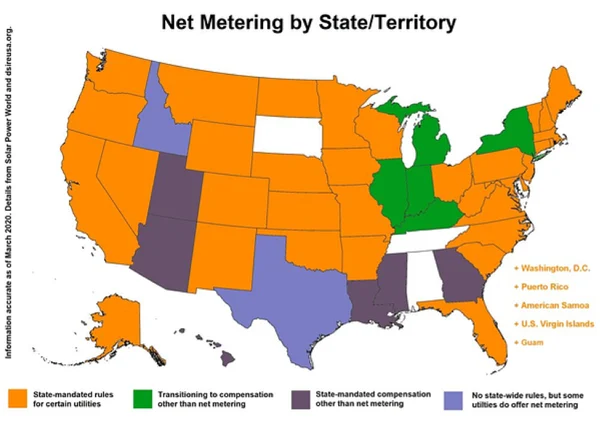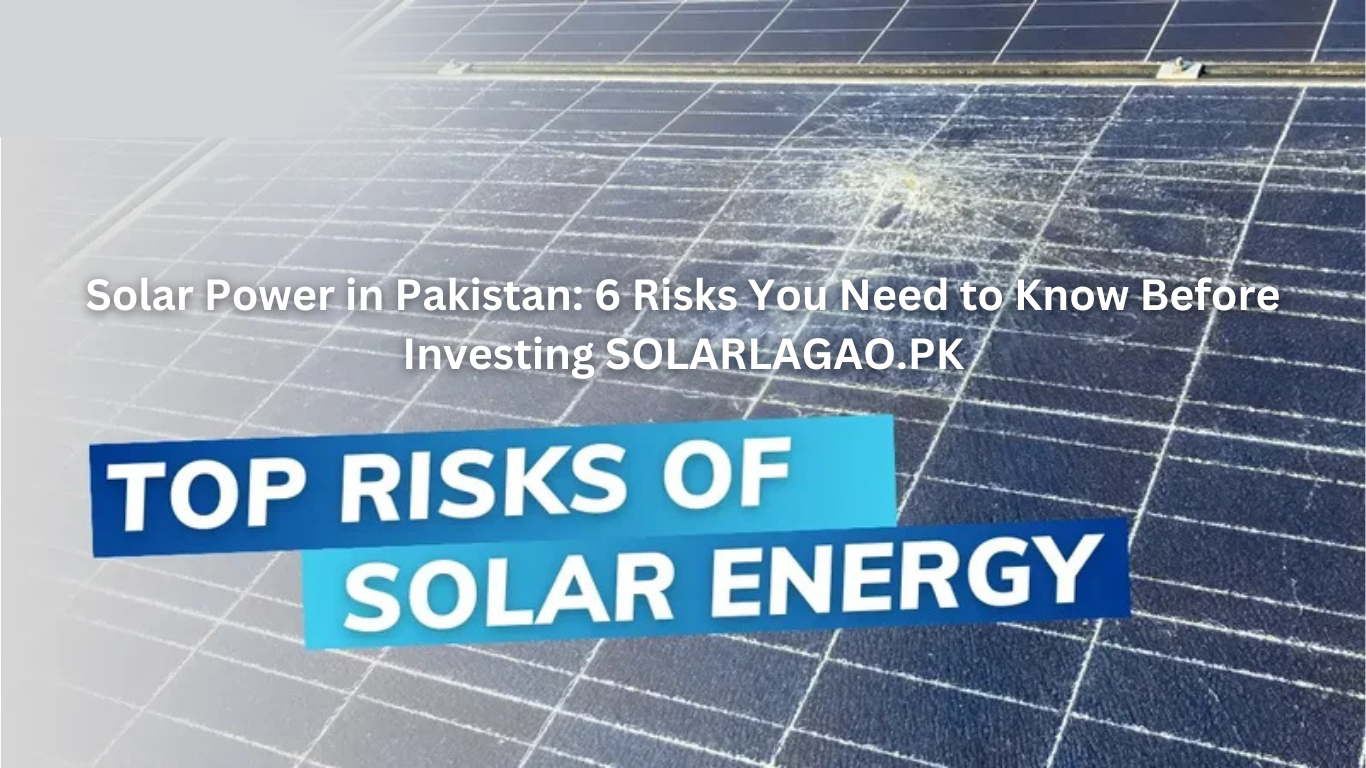Investing in solar energy in Pakistan can be a game-changer, reducing electricity bills and ensuring energy independence. However, like any investment, solar power comes with certain risks. Understanding these risks can help you make an informed decision and maximize your solar investment.
In this blog, we will discuss the top risks of installing a solar energy system in Pakistan and how to mitigate them.

1. Changing Government Regulations and Policies
Pakistan’s government has introduced various incentives for solar energy, including net metering and tax exemptions. However, policies can change, and future governments may roll back benefits such as net metering or subsidies.
How to Mitigate:
- Install your solar system while net metering and incentives are available to benefit from potential grandfathering policies.
- Stay updated on regulatory changes and adapt accordingly.
2. Fluctuating Electricity Prices
Solar power helps homeowners save by offsetting electricity costs. However, if electricity prices stabilize or decrease in the future, your return on investment (ROI) may not be as high as expected.
How to Mitigate:
- Consider the long-term trend of rising energy costs in Pakistan.
- Focus on energy independence rather than just financial returns.
3. Choosing an Unreliable Solar Installer
The quality of your solar system depends largely on the company installing it. Poor installation can lead to inefficiencies, damage, and higher maintenance costs.
How to Mitigate:
- Research and select a certified, experienced, and well-reviewed solar installer in Pakistan.
- Check customer reviews and ask for warranty details.
4. Roof Damage During Installation
Installing solar panels on a weak or aging roof can lead to leaks and structural damage if not done properly.
How to Mitigate:
- Ensure your roof is in good condition before installing solar panels.
- Work with reputable installers who use high-quality mounting equipment.
5. Cost of Roof Replacement
If your roof needs replacing after installing solar panels, you’ll have to pay for the removal and reinstallation of your system, adding to maintenance costs.
How to Mitigate:
- Install solar panels on a relatively new roof.
- Consider ground-mounted solar panels if space allows.
6. Weather Damage and Natural Disasters
Pakistan experiences extreme weather, including heatwaves, dust storms, and heavy rainfall, which can potentially damage solar panels.
How to Mitigate:
- Invest in high-quality, durable panels with strong warranties.
- Ensure your panels are covered under property insurance.
Conclusion: Is Solar Still a Good Investment in Pakistan?
Despite these risks, solar energy remains a smart and reliable investment in Pakistan. Rising electricity costs, frequent power outages, and government incentives make solar a practical and cost-effective solution.
If you’re ready to explore solar options for your home or business, consult a reputable solar provider to get a customized quote. Taking a well-researched approach will ensure that you maximize your savings while minimizing risks.
Want to learn more? Download our free solar buying guide to make an informed decision today.




























